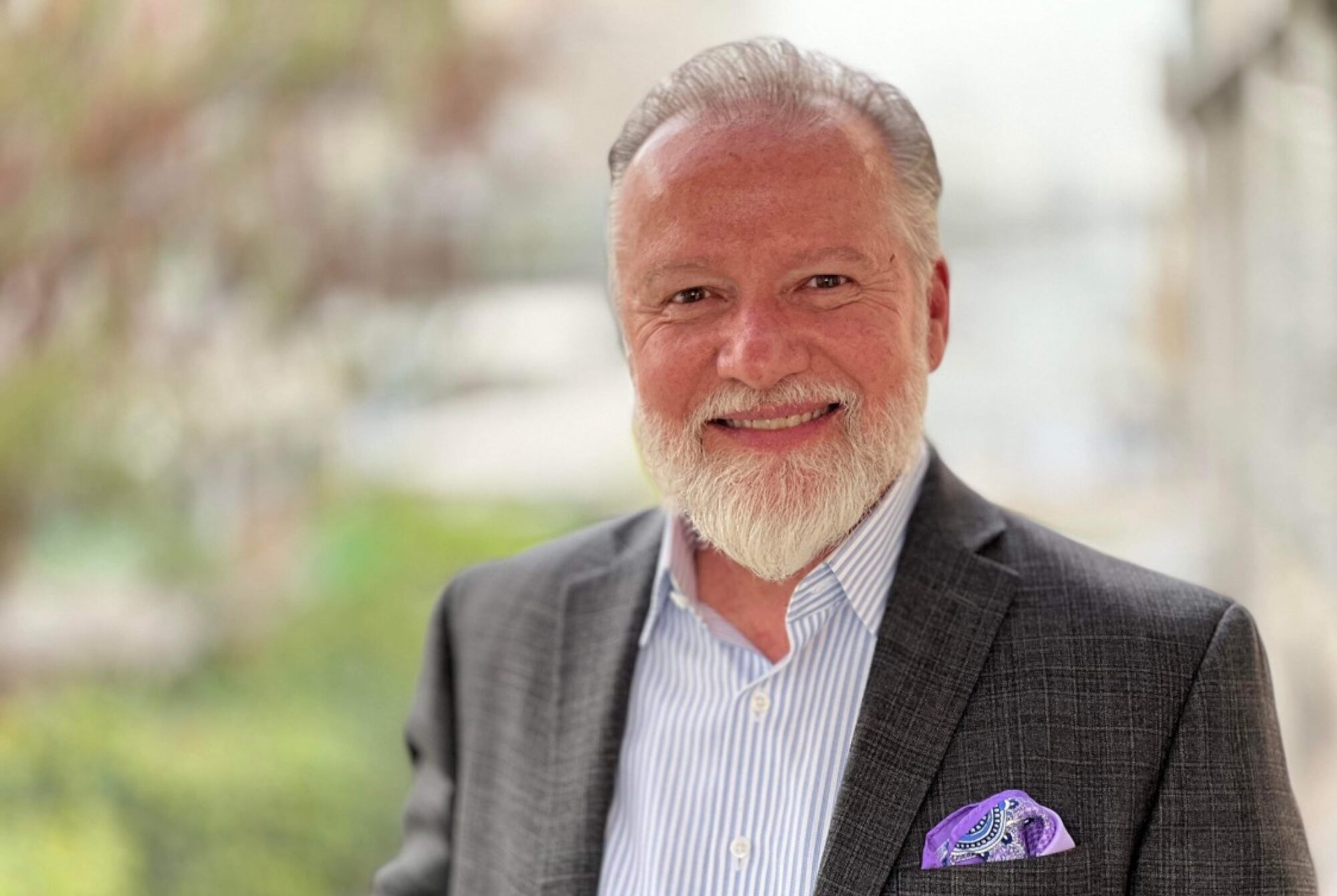Betrayal happens. That’s a tragic reality. It occurs in marriages, families, churches, and in the workplace. Nevertheless, our experience teaches us that not all betrayal is felt equally. The betrayal of a spouse is much more profound than when the coworker in the next cubicle takes credit for your hard work. Why? Because pain is directly proportionate to intimacy.
Pain is directly proportionate to intimacy.
I’m a Christ-follower, so I believe forgiveness is non-negotiable. The Bible makes it abundantly clear–“Forgive as the Lord forgave you.” We’ve all been hurt by someone, and we’ve all hurt someone. Of course, we tend to measure the failures of others on a different scale than our own. We want mercy for ourselves and judgment for others. Most of us understand this; we simply struggle with the application–me included.
However, the primary focus of this article isn’t about forgiveness. It’s about what we do after we forgive (understanding that forgiveness is an ongoing process). Let’s assume we’ve forgiven the offending party–now what?
Let’s assume we’ve forgiven the offending party–now what?
I’ve forgiven the person in question. Does this mean I now have to trust them? The short answer is no, but we all know it isn’t that simple. Forgiveness is often misunderstood and wrongly applied in the church. Does the woman whose husband has cheated on her need to forgive him? Yes (as much for her sake as his), but that doesn’t require that she remain with him. Does the individual whose boss has repeatedly taken credit for his or her work need to forgive the offender? Yes. But they don’t need to keep working for that person or company.
The missing ingredient is trust. Betrayals may occur in a moment (though the thought process leading up to them is never instantaneous), but restoring trust will require a process.
I spent hours on the phone last night with a man who felt betrayed by the leaders under which he serves and the organization to which he has given years of his life. The essence of what he said is, “This feels gross.” And it did. He felt stuck. He knew he needed to forgive, but like most of us at one time or another, he was struggling to do so; however, the bigger question was, “Is this going to continue to happen?” His assumption was yes.
When we separate the emotions from the situation (which can be hard to do and may require a wise, trusted friend or counselor to assist with the mental processing), he has a few questions to answer and then act upon.
–Do you trust your leader enough to continue serving under their leadership?
–If no, you have a couple more questions to answer. Do you enjoy or feel a strong enough calling to your work to remain and put up with the situation even if it never changes? If yes, you need to forgive, do what you can to rebuild trust (understanding that your opportunities to do so might be limited because of the imbalance of power), then put your head down and do the work you’re called to do.
–If you don’t trust the leader, you must ask, “Do I trust the organization enough to stay?” You’re trying to determine whether your leader is an anomaly or part of a systemic problem. If the former, consider moving to another department. If the latter, you need to consider a change of employment seriously.
If you, like me, are a Christ-follower, this feels complicated and, as my friend put it, “gross.” We ask ourselves and God, “Why should I be the one who has to leave?” And that’s a good question. In truth, we don’t have to leave, but I also don’t think we must stay. There are generally multiple opportunities out there through which we can fulfill our calling.
All of this comes down to trust. Forgiveness isn’t an option for us. God has forgiven those who come humbly to Him seeking a new life in Christ; however, trust is a different issue. You may forgive but then determine that the person in question is untrustworthy. When that’s the determination, you need to move on.
If you want to dive deeper into this subject, I highly recommend two books by Dr. Henry Cloud.
In my opinion, Trust, Dr. Cloud’s newest offering, is the best book on the subject.
If you’re trying to decide if it’s time to move on, I suggest picking up a copy of Necessary Endings.

